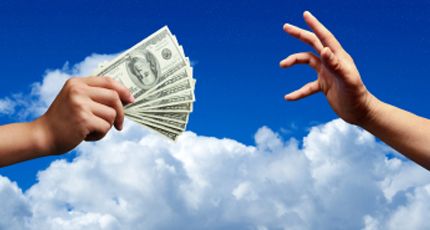L I K E M O S T C O U P L E S
I was able to meet with them
several times before their
B I G D A Y
Kari and Matt had quite a history
with unnamable
UN-GPS’ED
Forget-Using-A-Compass-For-Any Semblance-Of Direction
R o a d
that coursed them to each other
after their own individual journeys
safely together. . .
They proved
as if anyone needs proof when it comes to the crazy
UNIVERSE
of L O V E
with all of it’s uncharted Continents
and many more unknown
w a y s
and By-ways
I T
not only survives
but T H R I V E S
in a most amazing and mostly unexplainable way
u n t i l
some O N E
indeed attempted to do just that. . .
Kari and Matt
thought
(rightfully so)
they had the most perfect explanation
(at least for them)
in a simple poem
by Taylor Mali
entitled:
FALLING IN LOVE IS LIKE OWNING A DOG
On cold winter nights love is warm It lies between your and lives and breathes and makes funny noises.
Love can wake you up all hours of the night with its needs.
Love can give you a sense of security: When you’re walking down the street late at night and you have a leash on love, ain’t no one gonna mess with you.
Love needs to be fed so it will grow and stay healthy. Love does not like being left alone for long. But come home and love is always happy to see you. Love may break a few things accidentally in it’s passion for life, but you can never be mad at love for long.
Love leaves you little surprises here and there. Love makes messes. Sometimes you just want to get love fixed.
Sometimes you want to roll up a piece of newspaper and swat love on the nose. But then love gives you big kisses, And you laugh the little things.
Sometimes love just wants to play. Running you around the block, leaving you panting. It pulls you in several different directions at once, or winds around and around you, until you’re all wound up and can’t move.
And love brings you together. People who have nothing in common but love stop and talk and greet each other on the street. Most importantly, love needs love, and lots of it.
Like most couples
on T H E I R S P E C I A L D A Y
they bring people together
to not only show the love they have for each other
but to ultimately. . .
S H A R E I T !
Hmmmmmmmmmmmmmmmmmm:
Kind of makes your tail wag, doesn’t it?

























